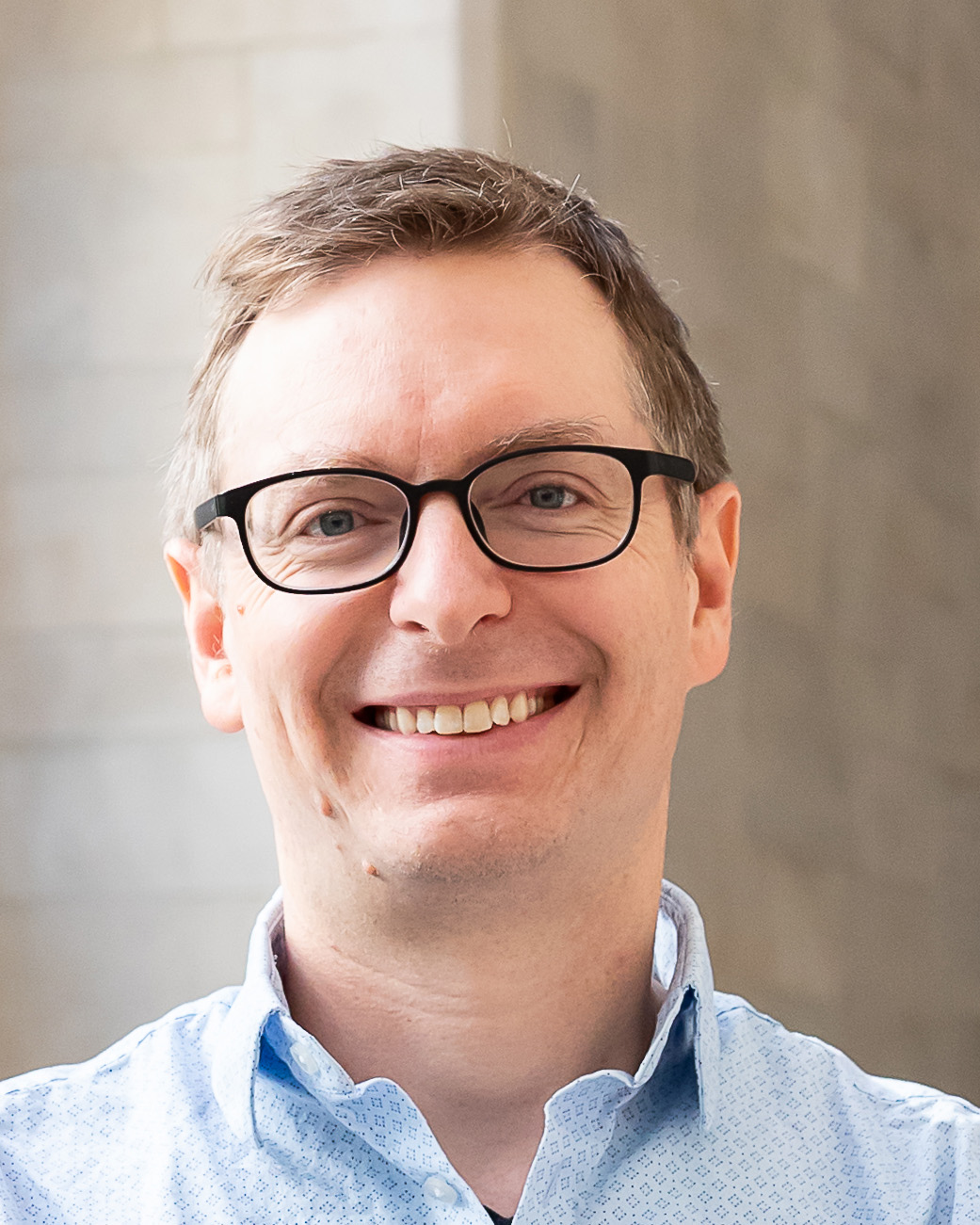NIH Post-doctoral fellow, Harvard Medical School (with Jon Clardy), 2014–2019
Ph.D., Chemistry, University of Wisconsin–Madison (with Helen Blackwell), 2008–2014
B.S., Chemistry, University of Illinois at Urbana-Champaign (with Scott Silverman), 2003–2008
Dr. Gerdt obtained his B.S. in Chemistry in 2008 from the University of Illinois in Urbana-Champaign, where he researched the chemistry and folding of nucleic acids with Scott Silverman. He then moved to the University of Wisconsin–Madison, where he studied the chemistry of cell-cell signaling in bacteria with Helen Blackwell. After earning his Ph.D. in Chemistry in 2014, he joined the laboratory of Jon Clardy at Harvard Medical School. As an NIH-funded postdoctoral fellow in the Clardy lab, he researched interkingdom chemical signaling in choanoflagellates and in Plasmodium falciparum—a parasite that causes malaria. Dr. Gerdt started his independent career in the Department of Chemistry at Indiana University in 2019. By integrating analytical, organic, and biological chemistry with microbiology and cell biology, the Gerdt lab uncovers the molecules that shape microbial symbioses. The Gerdt lab has discovered several natural products and synthetic compounds that impact the ability of bacteriophages to kill pathogenic bacteria. The lab has also discovered a new multicellularity signaling mechanism that may help a protozoan biocontrol agent to eradicate the pathogens that cause schistosomiasis. Moreover, the Gerdt lab has discovered new metabolite mediators of inter-bacterial competition. Dr. Gerdt is a recipient of the NIH Maximizing Investigators’ Research Award (2020), NSF CAREER Award (2021), Trustees Teaching Award (2023), and Camille-Dreyfus Teacher-Scholar Award (2024).



 The College of Arts
The College of Arts